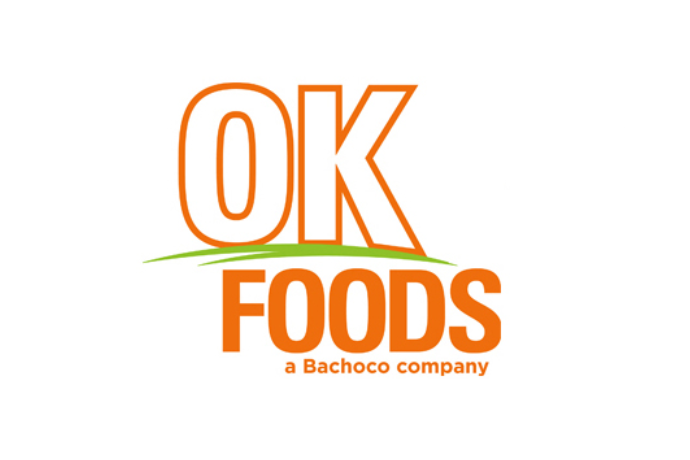STONE MOUNTAIN, GA. – For the second time since the start of the COVID-19 pandemic, China has suspended imports from a US poultry producer.
According to information from USA Poultry & Egg Export Council (USAPEEC) and Reuters, OK Foods’ poultry plant in Fort Smith, Ark., can no longer export to China due to COVID-19 cases among workers.
OK Foods is a subsidiary of Mexico-based Industrias Bachoco SAB de CV. At the end of August, Arkansas health officials found 234 meatpacking workers tested positive for COVID-19.
“We feel this action is very unfortunate and that it is not justified,” said Jim Sumner, president of USA Poultry & Egg Export Council. “One reason we feel it is unjustified is that we know, based on several research findings, that the virus can’t be transmitted in poultry.”
In the latest USDA Foreign Agricultural Service data, broiler exports to China in July were 34,623 tons and valued at $57.6 million.
USAPEEC said that China previously asked companies to sign and provide letters attesting that China’s products are not a risk for COVID-19. The US Department of Agriculture advises companies not to sign such letters or give a statement.
Poultry from a Tyson Foods facility in Springdale, Ark. was suspended by the Chinese government in June, citing similar reasons.
“It is important to note that the World Health Organization, the Centers for Disease Control and Prevention, USDA and the US Food and Drug Administration agree that there is no evidence to support transmission of COVID-19 associated with food,” said Gary Mickelson, a spokesperson with Tyson regarding the ban on its poultry.
“At Tyson, we’re confident our products are safe and we’re hopeful consultations between the US and Chinese governments will resolve this matter,” he said.
During November 2019, China lifted a four-year ban on poultry from 172 US-based plants that began in response to a 2015 outbreak of highly pathogenic avian influenza (HPAI) resulting in the culling of 50 million birds in the United States. The United States was confirmed HPAI-free in 2017.



